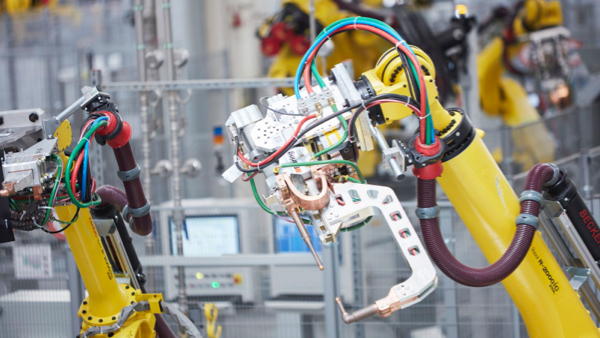

**The Function of Precision Milling in the Production of Electric Vehicle Battery Housings**
As the automotive sector transitions towards eco-friendly solutions, electric vehicles (EVs) have become a crucial part of reducing carbon footprints and dependence on fossil fuels. A vital component in the engineering and operation of EVs is the battery housing, which not only safeguards the battery cells but also plays a role in the vehicle’s overall safety, efficiency, and performance. Precision milling serves an essential function in the manufacturing of these battery housings, guaranteeing they fulfill the high standards needed for contemporary electric vehicles.
**Comprehending Precision Milling**
Precision milling is a machining procedure that involves extracting material from a workpiece with the use of rotary cutters. It facilitates the creation of intricate shapes and fine details with elevated accuracy and consistency. This process is critical in producing components that demand tight tolerances and elaborate designs, such as EV battery housings.
**Significance in EV Battery Housing Production**
1. **Material Suitability and Integrity:**
Battery housings are generally constructed from lightweight yet robust materials like aluminum or composites to boost vehicle performance. Precision milling guarantees that these materials are machined with minimal stress and distortion, maintaining their structural integrity and performance attributes.
2. **Sophisticated Geometries:**
The architecture of battery housings often incorporates intricate geometries to fit various battery cell arrangements and cooling mechanisms. Precision milling enables manufacturers to realize these complex designs with high accuracy, ensuring optimal compatibility and function within the vehicle.
3. **Strict Tolerances:**
The safety and performance of EVs heavily rely on the precision of their parts. Precision milling allows for the crafting of battery housings with stringent tolerances, ensuring that all components interlock perfectly and operate as designed. This precision is essential for preserving the safety and dependability of the battery system.
4. **Thermal Regulation:**
Efficient thermal management is crucial for the functionality and lifespan of EV batteries. Precision milling facilitates the crafting of accurate channels and features within the battery housing that promote effective heat dissipation. This capability is vital for sustaining optimal battery temperatures and averting overheating.
5. **Customization and Flexibility:**
With the rising demand for electric vehicles, manufacturers need scalable solutions that can be tailored to specific design criteria. Precision milling provides the adaptability required to create customized battery housings in various dimensions and configurations, serving the diverse requirements of the EV market.
**Progressions in Precision Milling Technology**
Recent developments in milling technology have further bolstered the significance of precision milling in the production of EV battery housings. The incorporation of computer numerical control (CNC) systems enhances automation, precision, and efficiency in the milling process. Moreover, innovations in tooling materials and techniques have accelerated the speed and quality of machining tasks, diminishing production times and expenses.
**Final Thoughts**
Precision milling is a vital procedure in the production of electric vehicle battery housings. Its capability to generate complex, high-tolerance components from advanced materials ensures that EVs satisfy the exacting demands for safety, efficiency, and performance. As the electric vehicle sector continues to progress, precision milling will remain a critical technology driving innovation and sustainability in automotive manufacturing.






